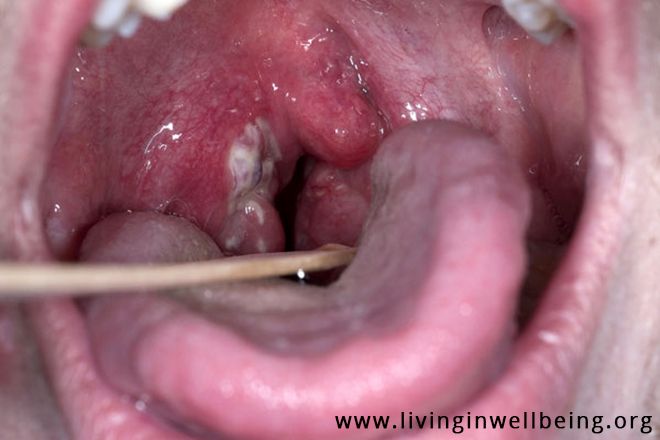
Living an all new healthy lifestyle has become tough these days because of the growing diseases and infections, particularly streptococcus infection that are caused by the streptococcus group of bacteria. There are different types of streptococci bacteria, and infections vary in severity from mild throat infections to life-threatening infections of the blood or organs. Most of these types of infections if once invaded in a person’s body will drastically affect the health and the body functioning system of the person. Most streptococcus infections can be treated with antibiotics.
Symptoms and related complications
If untreated, streptococcal infections can lead to complications which will ultimately affect the wellness and well-being of the person. Some complications result from the spread of the infection to nearby tissue. Other complications involve distant organs. There are two types of groups-Group A strep causes strep throat and the person’s tonsils may get swollen. These bacteria are present on the skin's surface and are very harmful for the person’s body. These are often treated with oral antibiotics. Group B strep infections are found normally in the intestine, vagina and rectal area in about 25℅ of all healthy women. Some of the most common symptoms seen are-
Fever- strep Bacteria produce a toxin that can cause a red rash- “the Scarlet” of scarlet fever. It is usually a mild illness that affects children. This can be spread through contact with an infected person.
Headache- when the strep Bacteria enter in the body, it will make the person suffers from headache. It happens because the bacteria enter the pain savvy area in the person's head.
Nausea, vomiting, abdominal pain- when strep Bacteria invade in the body, it will result in inflammation in the stomach. Streptococcus bacteria once entered into the person’s body, then it will discomfort the digestive tract, which will result in nausea, vomiting and abdominal pain.
Sudden onset of sore throat- sore throat is a painful, dry or scratchy feeling in the throat. It is the most common symptom seen.
Odynophagia (painful swallowing) - strep throat infection causes odynophagia which causes irritation and the person find it difficult to swallow the food.
Dysphagia- Dysphagia can be caused due to Streptococcus bacterial infection. It is followed by difficulty in swallowing. Moreover, Dysphagia will make you suffer from sore throat and ultimately lead to less or no appetite. The disease can cause difficulty in swallowing food and hence the need to get rid of the strep bacteria is very essential. Taking antibiotics after consulting with the doctor is very essential henceforth.
Sinusitis- Yet another symptom that will make you suspect were affected with the Streptococcus is when you have sinusitis. Sinusitis can happen if we are affected by viruses. Even though bacteria as well as toxins in the body can lead to sinusitis, care should be taken to check whether you are being affected by streptococcus. When a person is affected with sinusitis, the nose is inflamed. Treatment should be done immediately to cure sinusitis.
Scarlet Fever- Due to the complications of Streptococcus bacterial infection, you may experience scarlet fever. When the Streptococcus releases the toxins into the body, there arise red rashes on the body which are really big. As the bacterium is found in the mouth of the affected person, care should be taken by the affected person to wear a mask for preventing the bacteria from spreading. Antibiotics course can cure scarlet fever. Consult a doctor at the earliest.
Prevention and treatment
Good lifestyle habits should be developed among the persons to avoid such types of infections. There are some prevention tips to avoid the infection-
Hygiene- covering the mouth and nose while sneezing and coughing, putting used tissue paper in the waste basket, washing hands with soap etc. are some common practice of maintaining good hygiene.
Antibiotics- Patients suffering from a streptococcal throat infection do not usually spread the bacteria to others, after they have been treated with the correct antibiotics for 24 hours or a longer period.
It is well said that ‘prevention is better than cure'
Treatment of an infected person- someone who has symptoms of infection should be recommended with proper treatment. The proper use of suitable antibiotics is needed to prevent the spreading of infection to others and to the community and also to prevent long term complications like rheumatic fever and associated arthritis.
Proper treatments and preventions should be taken on time to avoid the complications and long-term illness which are caused by these infections. A healthy body is very essential for a healthy living. Taking the right steps to prevent diseases can help you to stay healthy and energetic.












